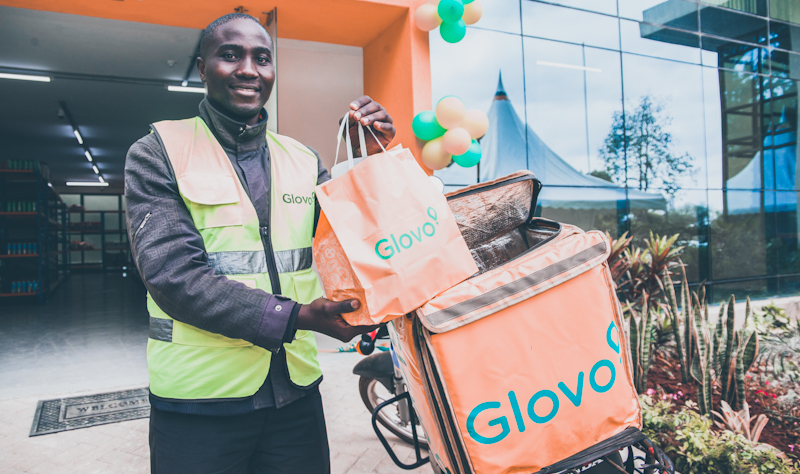A new report by Fairwork Kenya reveals that digital workers, such as those in ride-hailing and delivery platforms, are denied employee benefits and exposed to mistreatment due to their classification as self-employed.
The report, The Promise and Peril of Platform Work in the Kenyan Platform Economy, also says that the lack of proper legislation leaves these workers vulnerable to exploitation.
According to the report, most of the platform workers work an average of 12 hours a day, with some working up to 24 hours, due to the high costs they have to bear.
In addition, the report says that there is no regulatory framework in the Kenyan labour law to formally identify and recognise digitally enabled jobs and promote the social protection and welfare of these workers.
“However, even as digital platforms continue to grow, there is still no regulatory framework provided by the Kenyan labour law to formally identify and recognise digitally enabled jobs and promote social protection and welfare of these workers, leaving them vulnerable to exploitation,” says the report.
The report estimates that Kenya’s platform economy was worth $109 million (Sh16.7 billion) and employed over 35,000 workers in 2019, accounting for 0.2 per cent of the country’s gross domestic product. This is expected to grow at a rate of 33 per cent annually, employing over 90,000 workers by the end of 2023.
“This impressive growth has also been pushed by local technology companies and start-ups that are creating solutions for unemployment and working to challenge international players in the ride-hailing and delivery industries.”
However, the report notes that Kenya still faces many challenges related to income, gender inequality, and unemployment, despite the growth of the digital economy.
The report notes that the digital economy is driven by the country’s well-educated workforce, but the majority of the profits generated go back as capital flights to the home countries of the international platforms.
The report evaluates 12 platforms operating in the ride-hailing and delivery sectors in Kenya and finds that most of them are failing to ensure the minimum standards of fair work.
The best-performing platforms, Glovo, Little Ride, and Yego, only scored three out of ten in employment best practices.
Little Delivery scored two out of ten, and Bolt scored one out of ten. The remaining platforms’ scores were not disclosed.
“Over the years, delivery platforms like Glovo and Little Delivery have been more receptive to making changes to fair conditions, contracts, and management. Principle one – fair pay remains a challenge to sufficiently evidence for most platforms, especially with the continuous rising inflation and operational costs that workers have to take on,” part of the report reads.
The report also says that only five (Bolt, Glovo, Little Ride, Little Delivery, and Yego) of the 12 platforms—Bolt Food, Faras, Glovo, Indrive, Jumia Food, Uber, Uber Eats, and Wasili—provided evidence that their terms and conditions are clear and transparent.
In addition, only one platform (Glovo) was able to prove that all its workers earn at least the local minimum wage of Sh135.90 per hour or Ksh 15,201 per month after worker-related costs.
The five principles of fair work—fair pay, fair conditions, fair contracts, fair management, and fair representation—were used to assess the platforms.
Calls for policy response
The report calls for more action from policymakers to make the platform economy more sustainable and beneficial for both workers and the community.
It says that the focus needs to shift to the advantages of digital labour platforms at both a community and macro level, as well as the protection of workers’ rights and welfare.
The International Labour Organisation’s World Employment and Social Outlook 2021 report underlined the need for international policy dialogue and regulatory cooperation to provide decent work opportunities and foster sustainable businesses.
“Working conditions are largely regulated by the platforms’ terms of service agreements, which are often unilaterally determined. Algorithms are increasingly replacing humans in allocating and evaluating work and administering and monitoring workers,” stated the ILO.
As a result, “All workers, regardless of employment status, need to be able to exercise their fundamental rights at work,” said Guy Ryder, ILO Director-General.





